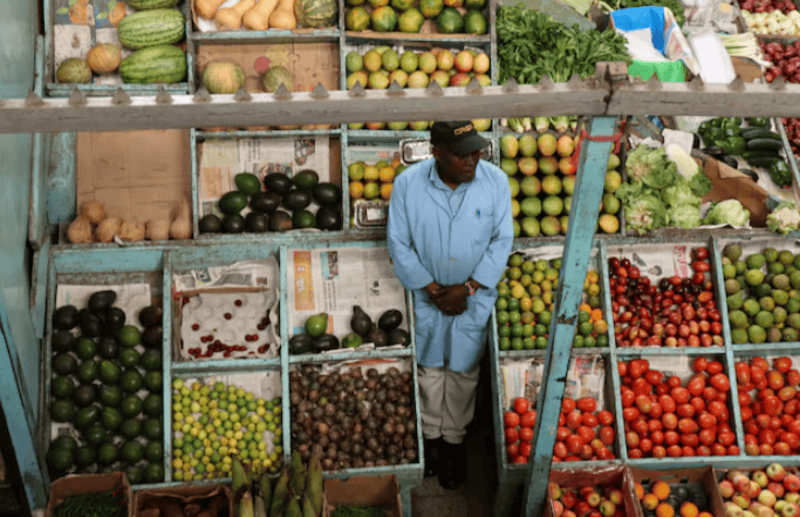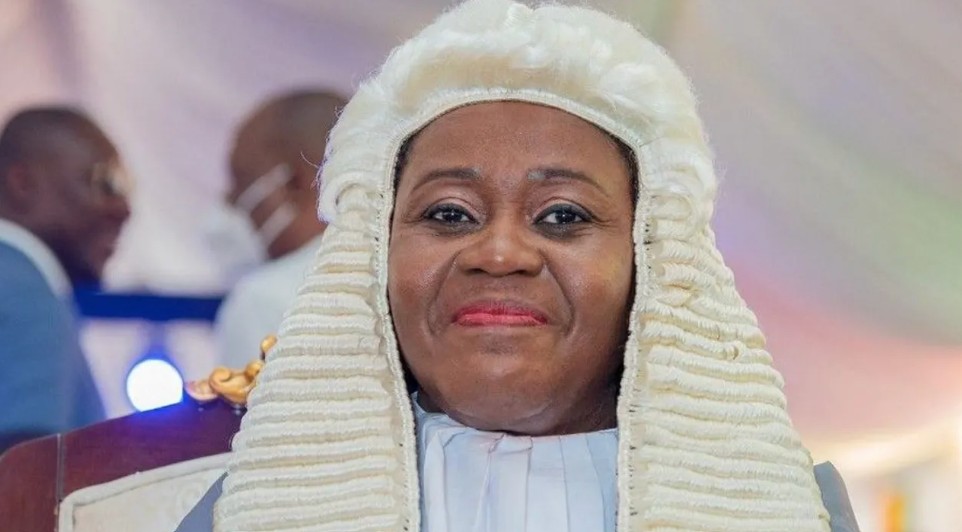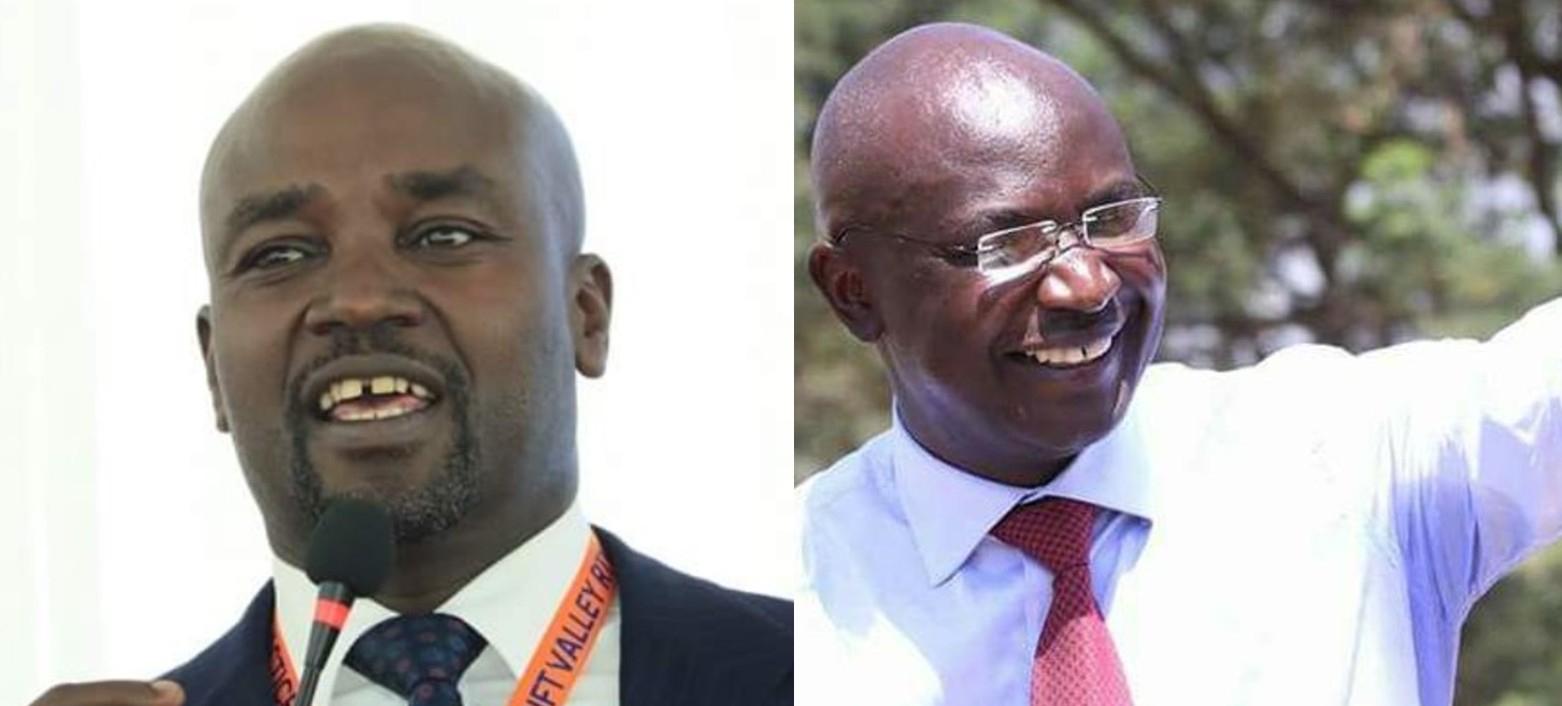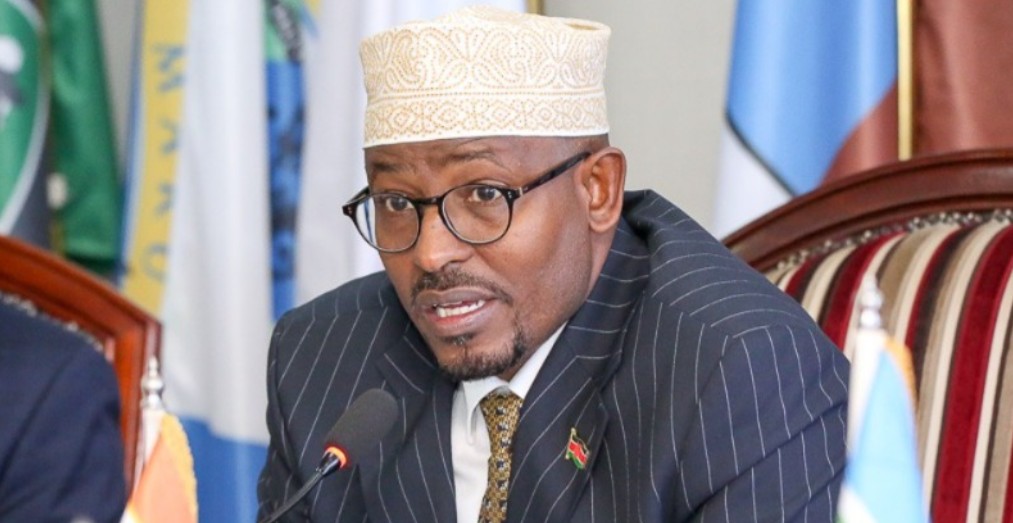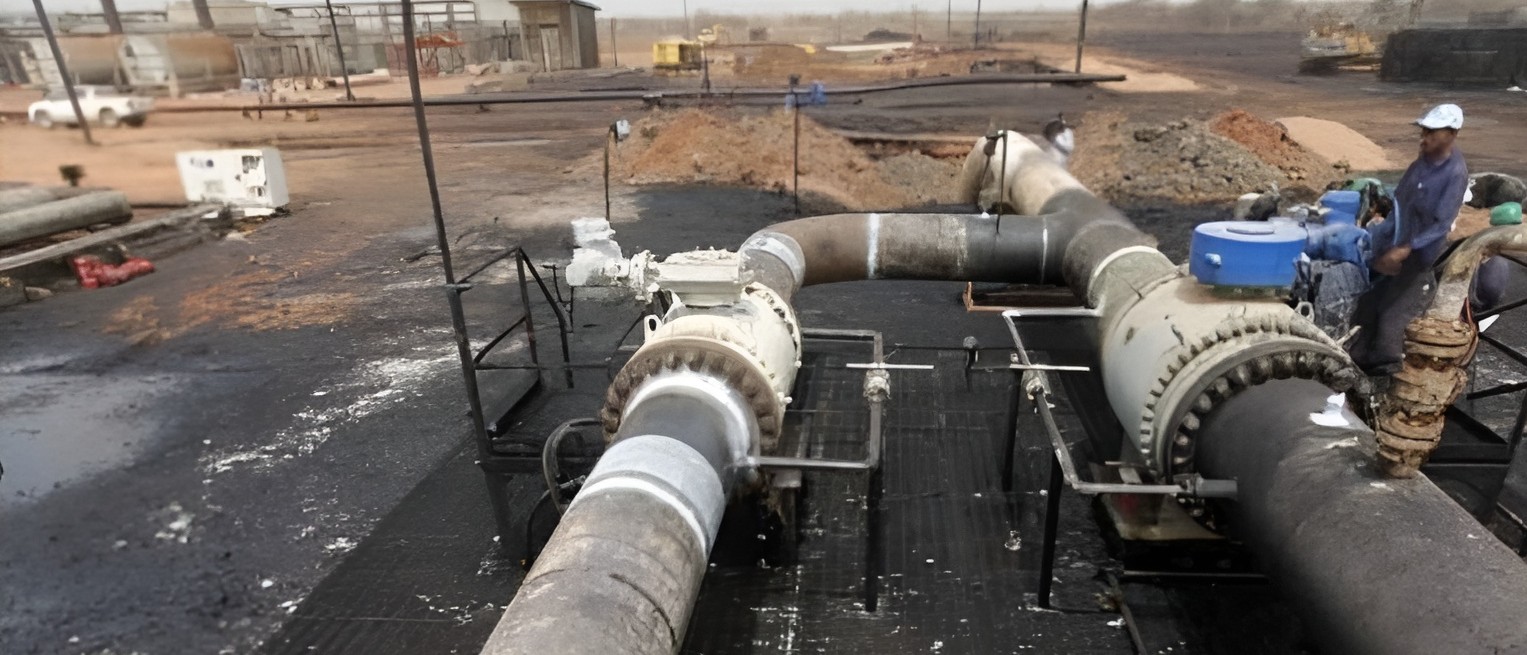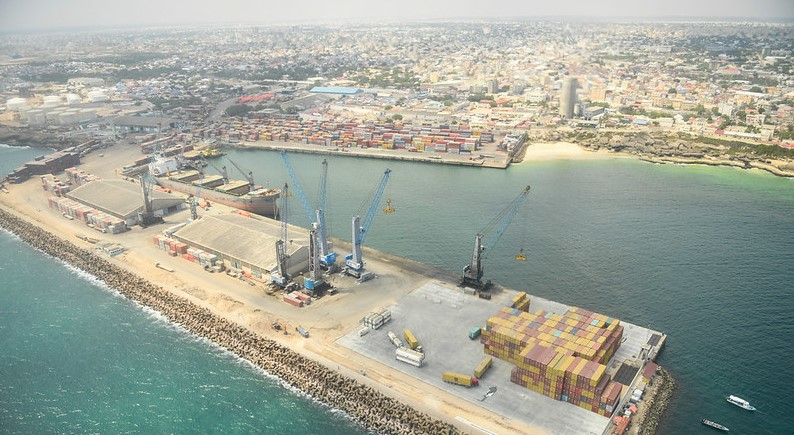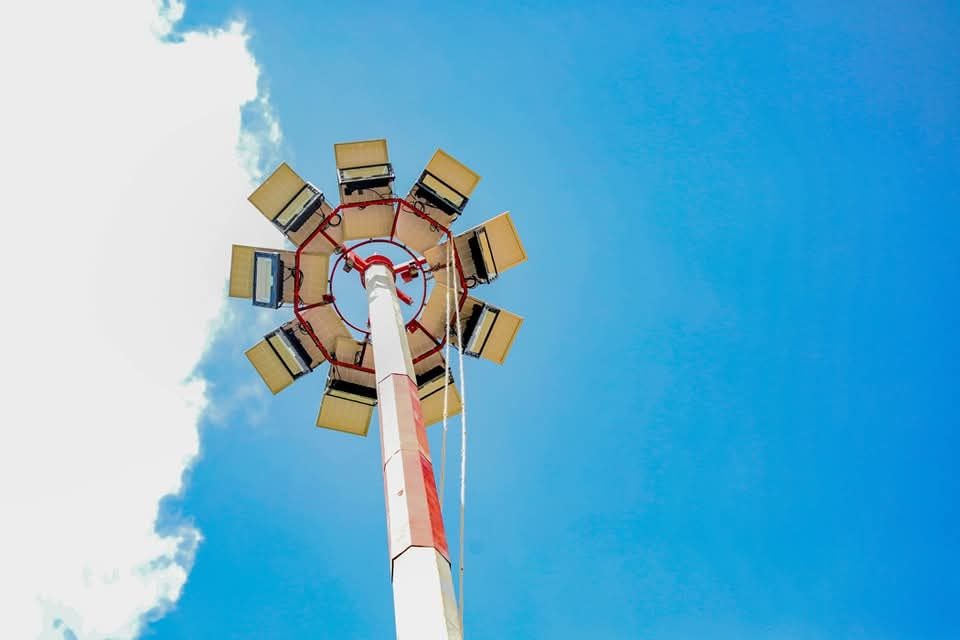MPs reject proposed controversial law on public demos over civil liberties concerns
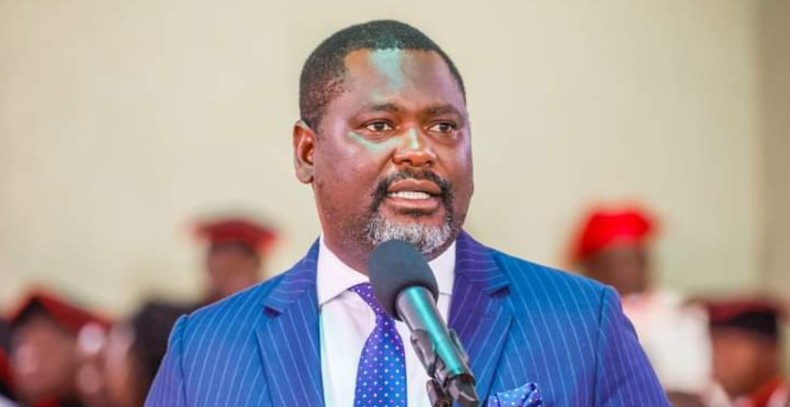
Critics warned that spontaneous protests would be made illegal and that police would be empowered to suppress any form of dissent.
The National Assembly’s Security Committee has dismissed a proposed law that sought to introduce strict rules for holding public demonstrations, saying it clashes with global standards on civil liberties.
In its report to the House, the committee led by Narok West MP Gabriel Tongoyo recommended the full withdrawal of the Assembly and Demonstration Bill, 2024.
More To Read
- Murkomen warns vandalism, arson and looting now considered terrorism in Kenya
- Kenya joins list of nations with worsening human rights record
- LSK President Faith Odhiambo tears into Murkomen for misusing terror charges to silence dissent
- Nairobi, Kiambu hardest hit as police response to June, July protests criticised
- Terrorism or protest? What Kenyan law says about anti-government demos and charges
- Law Society of Kenya cautions public against fraudulent fundraising drives for arrested protesters
The MPs said the Bill’s approach was not only flawed but also failed to reflect inclusive public engagement.
“The committee, having considered the Assembly and Demonstration Bill of 2024, recommends the deletion of the Bill,” the report stated.
The team stressed that any future attempt to regulate public protests should be done through open consultation with all stakeholders.
“There is a need to formulate legislation and guidelines for the conduct of assemblies and demonstrations through a broad and inclusive process,” the committee said.
The Bill, fronted by former Mbeere North MP Geoffrey Ruku, who is now the Public Service Cabinet Secretary, faced sharp resistance from the civil society, which argued that the proposed measures would curtail the right to protest.
One of the key issues raised was the licensing requirement for demonstrations. Organisers would have been required to submit detailed personal information, including their addresses and details of marshals assigned to manage the event.
Demonstrations would have been limited to the hours between 6 am and 6 pm and restricted to specific routes pre-approved by authorities.
The Bill also gave police wide powers to halt or prevent protests they deemed unlawful or a threat to public safety.
The proposed law held organisers accountable for clean-up, safety, and property damage after protests.
It also prohibited protest materials such as masks, paramilitary-style clothing, and what it called “offensive language” on banners.
Critics warned that spontaneous protests would be made illegal and that police would be empowered to suppress any form of dissent.
Punishments under the Bill included fines of up to Sh100,000 or up to a year in jail or both.
Top Stories Today

